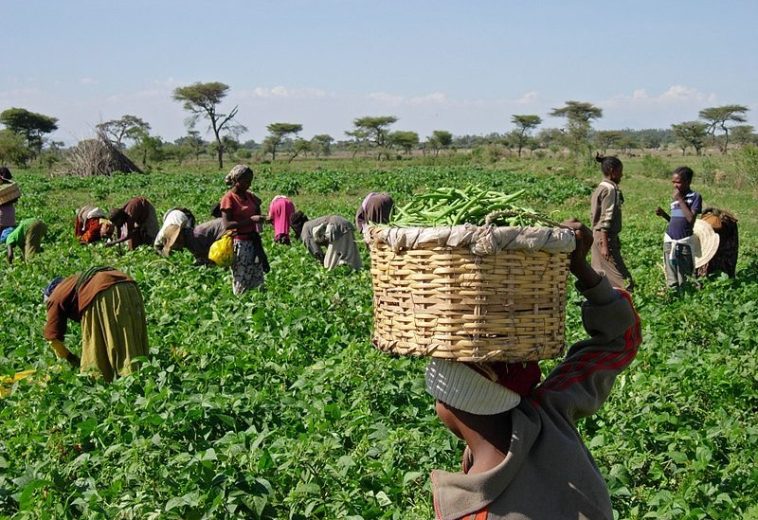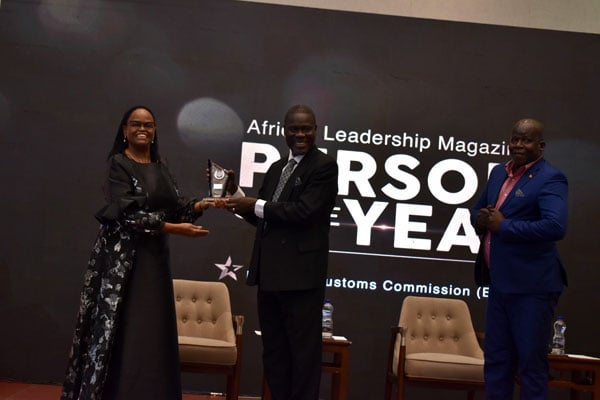African countries have struggled for decades to get enough representation and attention for their voices in international organizations. But there has been a discernible change in the last few years as African nations more boldly make their claims on the international scene. The World Trade Organisation and the United Nations are examples of international organisations that are feeling the effects of this growing influence. The growing impact of African voices in international institutions will be discussed in this article, along with some important examples and their implications.
United Nations (UN)
The UN addresses a wide range of topics, including peace and security, development, human rights, and climate change. It is an essential forum for international diplomacy and collaboration. African nations are heavily involved in the UN system, both as individuals and as a bloc within regional organizations like the African Union (AU).
The presence of African countries on the UN Security Council is one notable illustration of African influence within the UN. Many African nations, such as South Africa, Kenya, and Nigeria, have held non-permanent memberships on the Security Council over the years, giving them a forum to promote their goals and interests in relation to peace and security issues. African countries frequently take the lead in Security Council-approved peacekeeping missions, providing manpower and supplies to support stability in areas ravaged by conflict.
Furthermore, African voices are becoming more and more influential in the global conversation about topics like sustainable development and climate change. African nations, for example, spearheaded the implementation of the Paris Climate Agreement by promoting policies aimed at mitigating the disproportionate effects of climate change on their continent and advancing sustainable development.
World Trade Organization (WTO)
The WTO is essential in establishing international trade regulations and settling trade disagreements among its member nations. African countries, as a group represented by the African Group, have actively participated in WTO talks and negotiations, promoting their interests in global trade.
African nations have been strong advocates of just and fair trade policies that support economic growth and deal with the issues that emerging nations face. African governments, for instance, have demanded changes to developed-country agricultural subsidies, which frequently distort international markets and harm African farmers.
Furthermore, African nations have made an effort to use their combined might to secure trade deals that will benefit the continent as a whole. For example, the African Continental Free Trade Area (AfCFTA), which went into effect in 2021, intends to facilitate intra-regional trade and spur economic growth by establishing a single market for products and services inside Africa.
World Bank and International Monetary Fund (IMF)
The promotion of global economic stability and development is the responsibility of major organizations like the World Bank and the International Monetary Fund (IMF). In an effort to more effectively address the particular difficulties facing the continent, African nations have been attempting to influence the policies and initiatives of these organizations
African nations have demanded changes to the World Bank’s and IMF’s governance structures in order to guarantee developing nations—including those in Africa—fair representation and a stronger voice. African countries, for instance, have pushed for these institutions to give developing nations more voting power in order to reflect their increasing economic importance.
In addition, African nations have collaborated extensively with the World Bank and the IMF to solve urgent problems like economic development, poverty alleviation, and debt sustainability. For instance, these organizations’ debt reduction programs and development assistance initiatives have helped African countries in their pursuit of the Sustainable Development Goals (SDGs). African nations, for example, spearheaded the implementation of the Paris Climate Agreement by promoting policies aimed at mitigating the disproportionate effects of climate change on their continent and advancing sustainable development.
African nations have been strong advocates of just and fair trade policies that support economic growth and deal with the issues that emerging nations face.
African Union (AU) and Regional Organizations
In order to advance African interests and goals internationally, the AU and regional organizations are essential. African nations can coordinate their efforts, develop shared stances, and interact with other regions and international organizations using the AU as a forum.
The African Union’s involvement in matters of peace and security is one instance of how Africa exerts influence through regional organizations. In order to handle disputes and crises throughout the continent, the AU has established a number of peacekeeping operations and mediation initiatives, showcasing African ownership and leadership in resolving intra-state conflicts.
Furthermore, regional economic communities like the East African Community (EAC) and the Economic Community of West African States (ECOWAS) are crucial in advancing trade, economic integration, and regional development. These regional groups give African nations a forum to work together on local issues and raise their profiles in international forums.
Implications of the Rising Influence of African Voices
There are important ramifications for international relations, development, and global governance from the growing voice of Africa in these arenas. First of all, it symbolizes the increasing understanding of Africa’s significance as a major actor on the international scene, given its abundance of resources, developing economies, and youthful populace.
Second, increased equity, justice, and inclusivity in international decision-making processes could be fostered by African involvement in international organizations. International institutions may create more practical and long-lasting answers to global issues that benefit all nations, but especially those in the Global South, by promoting African viewpoints and interests.
Thirdly, the increasing prominence of African perspectives has the potential to enhance multilateralism and promote international collaboration. African nations frequently support multilateral approaches to global concerns like migration, pandemics, and climate change, highlighting the value of cooperation and solidarity in accomplishing common objectives.
The rising influence of African voices in international institutions marks a significant shift in global dynamics and presents opportunities for greater cooperation, solidarity, and development. African countries are increasingly asserting themselves on the global stage, advocating for their interests, and shaping global agendas on key issues. By leveraging their collective strength, African nations have the potential to drive positive change and contribute to building a more equitable, sustainable, and prosperous world for all.


